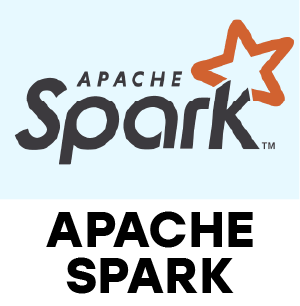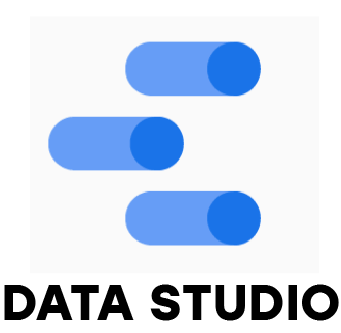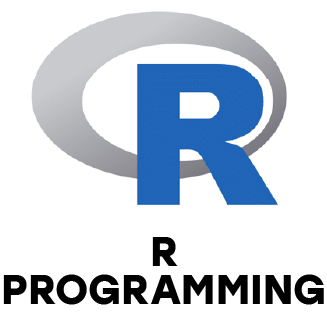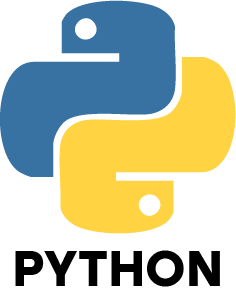- Join Our Best ReactJS Training Institute Master Frontend Dev & Build Dynamic Apps.
- Complete ReactJS Training Covers Components, JSX, State, Props, Hooks, Routing & Redux.
- Work on Real-Time Projects to Boost Practical Skills with Hands-On Dev Experience.
- Choose Flexible Learning – Weekday, Weekend, or Fast-Track Batches Around Your Schedule.
- Boost Your Career with ReactJS Certification Courses and Dedicated Placement Support.
- Get Expert Guidance for Resume Building, Interview Preparation, & Career Success.
Join Our 100% Job Guaranteed
ReactJS Training
WANT IT JOB
Become a ReactJS Developer in 3 Months
Freshers Salary
3 LPA
To8 LPA
Quality Training With Affordable Fees!

INR
36,000
INR 16,500

11943+
(Placed)
6489+
(Placed)
8976+
(Placed)
4789+
(Placed)

























 Chennai Location
Chennai Location Bangalore Location
Bangalore Location